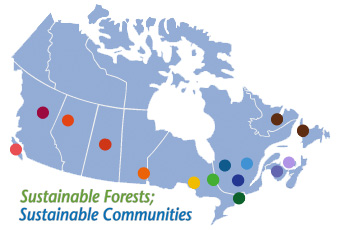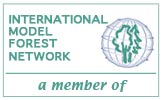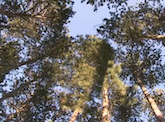The Eastern Ontario Model Forest has just released the first in its new Forest Certification video series. Chain of Custody Certification provides a visually appealing and understandable overview of this often complex subject matter. Stay tuned for three more videos in this Forest Certification series to be released in the next couple of months featuring: private land certification; community forest certification; and maple syrup certification. Please click the link below that leads to EOMF's new YouTube EOMF channel and Chain of Custody Certification video: http://www.youtube.com/watch?v=mw1d48JVpdo
CMFN Spotlight
Click here for Latest Member News!
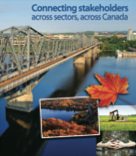 The Canadian Model Forest Network (CMFN) is a not-for-Profit organization that connects stakeholders, facilitates knowledge transfer and develops practical tools, programs, and best practices that support responsible resource management.
The Canadian Model Forest Network (CMFN) is a not-for-Profit organization that connects stakeholders, facilitates knowledge transfer and develops practical tools, programs, and best practices that support responsible resource management.
Recent Publications
-
Biomass Heating & Electricity Production: A Guide for Rural Communities in Canada
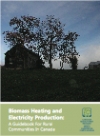
Canada is a resource rich country, supporting a wealth of renewable and non-renewable resource industries. Canadians are stewards to a large portion of the world’s temperate and boreal forests. These forests provide a range of ecological services: from water purification and storage, erosion and flood control and air quality protection, to the provision of wildlife habitat. Forests also play a critical role in climate change mitigation, with Canadian forests sequestering an estimated 95 billion tonnes of carbon. Forests provide a range of economic values: from traditional forest products, recreational values and trapping, to the potential for energy production.
-
Building on the strengths of your community
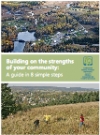
Each Model Forest works regionally to promote the sustainable management of large forest landscapes through research, education and applied projects. Model Forests support forest- based communities by bringing together the information, tools and best practices needed to overcome obstacles and identify new opportunities. This guide was developed under the national Socio-Economic Indicators program. It is supported by a steering committee of CMFN members and partners from across the country.
-
Pathways to Climate Change Resilience
This Guidebook and the accompanying Community Resource Collection has
been crafted based on the idea that Canadian rural communities in forest settings want guidance in
understanding and acting to reduce community impacts from the changing climate. Collecting information
and existing tools into a useful framework has been the first step for this initiative.For Resource Collection Click Here and for the Guidebook Click Here
